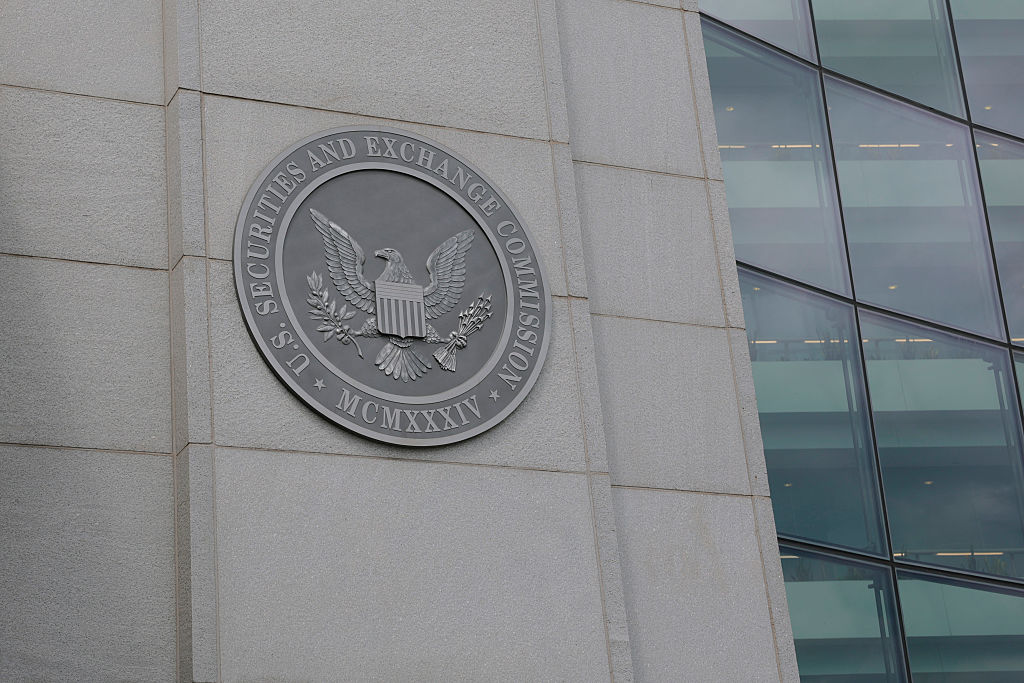20 May, 2025 by Sujeet Indap in New York and Hannah Murphy in San Francisco
Meta luminaries will publicly testify in a Delaware corporate law court this week over shareholder allegations that board mismanagement was directly responsible for billions in sanctions that the social media group paid over data breaches.
Two
Register for free to keep reading
To continue reading this article and unlock full access to GRIP, register now. You’ll enjoy free access to all content until our subscription service launches in early 2026.
- Unlimited access to industry insights
- Stay on top of key rules and regulatory changes with our Rules Navigator
- Ad-free experience with no distractions
- Regular podcasts from trusted external experts
- Fresh compliance and regulatory content every day












